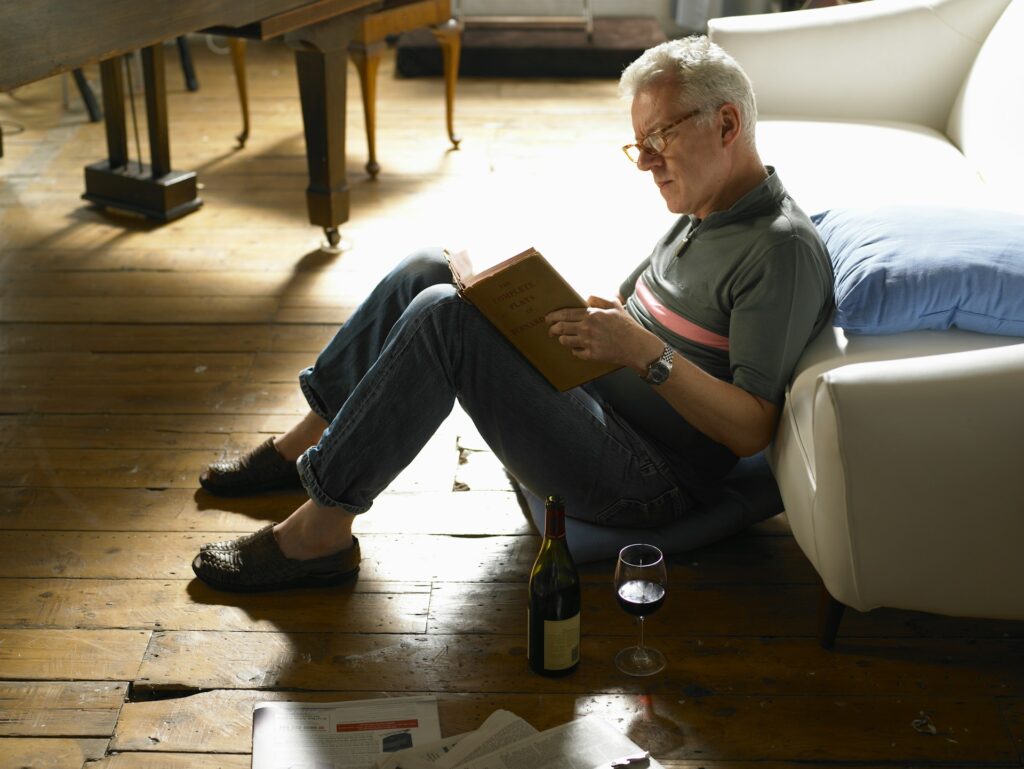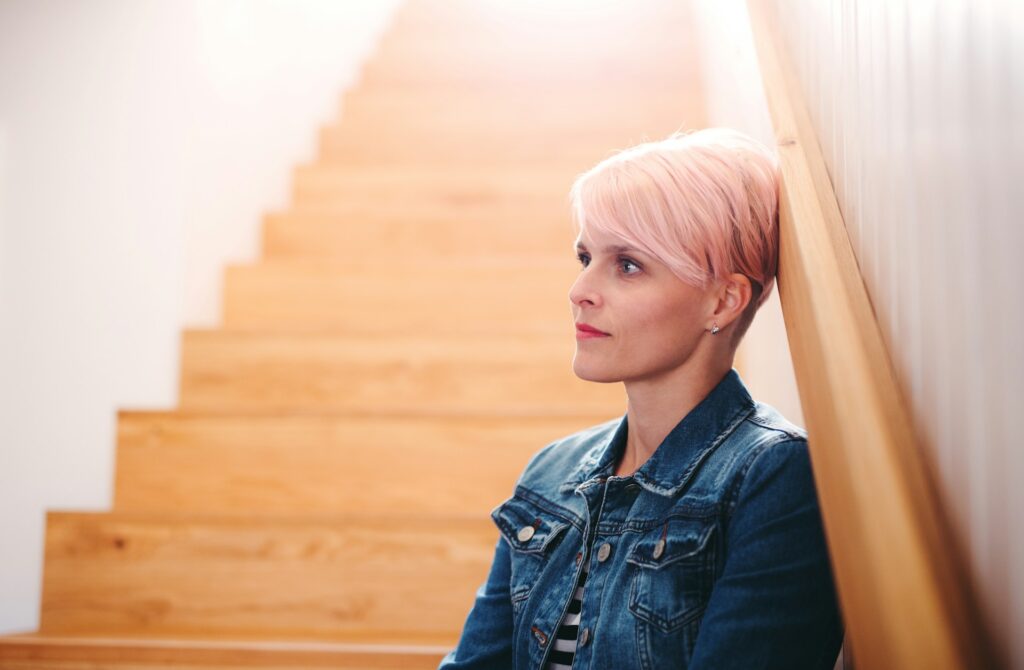Choosing solitude over constant company doesn’t make a person cold, antisocial, or broken.

For some people, spending time alone just feels more natural, more energising, and more honest. It’s not a flaw; it’s a reflection of deeper qualities that sometimes get overlooked. If you’re someone who genuinely prefers your own space, there’s a good chance you’ll recognise yourself in these traits.
1. You’re deeply self-aware.

Spending time alone forces you to get to know yourself—your moods, your habits, your patterns—without constant outside noise. You’ve built a strong relationship with your own mind because you’ve had the space to really sit with it. Self-awareness isn’t always comfortable, but it gives you an edge. You’re often better at recognising your triggers, your strengths, and your blind spots because you’ve taken the time to actually meet yourself where you are.
2. You value quality over quantity.

When it comes to friendships, relationships, even conversations—you care more about depth than numbers. A few meaningful connections mean far more to you than a dozen surface-level acquaintances. You’re not interested in performing for crowds. You’re interested in being seen, understood, and appreciated for who you are, not for how many people you can impress at once.
3. You’re naturally independent.

Needing space doesn’t mean you hate people. It means you trust yourself to meet your own needs first. You’re comfortable making decisions, solving problems, and navigating life without constant validation or hand-holding. Independence doesn’t make you hard-hearted—it makes you resilient. You know how to enjoy your own company, which means you’re not reliant on anyone else for your sense of stability or worth.
4. You have strong personal boundaries.

Alone time teaches you to protect your energy. You’re usually better than most at recognising when you need space—and setting clear, respectful boundaries without drowning in guilt about it. You know that protecting your time and peace isn’t selfish. It’s necessary. The people who respect that boundary tend to be the ones worth keeping around anyway.
5. Your observation skills are off the charts.

People who prefer being alone often move through the world more quietly, which means they pick up on details other people miss. You notice moods, changes, dynamics, and unspoken feelings with a precision that surprises people. Being observant makes you a better listener, a better problem-solver, and often a better friend. You’re tuned into the subtle currents of life in a way that constant chatter sometimes drowns out for other people.
6. You’re creative in ways that thrive on quiet.

Solitude often feeds creativity. Without the pressure to perform or conform, you’re free to explore ideas, experiment, and create without worrying about outside judgment. Some of your best thinking happens in the silence. You don’t always need collaboration to find inspiration—you’re more than capable of generating it from within.
7. You’re emotionally self-sufficient.

While you still value support and love, you don’t need constant external reassurance to feel okay. You’re used to handling your own ups and downs internally before bringing them to anyone else. That emotional self-sufficiency doesn’t mean you shut people out. It means you know how to soothe yourself first, making your relationships richer because they’re built on want, not desperate need.
8. You think before you speak.

When you do engage socially, you tend to be more thoughtful about it. You’re not someone who fills silence just to fill it—you value conversations that have weight and meaning behind them. That doesn’t mean you’re shy or cold. It means you take words seriously, and you prefer to speak with intention rather than just chasing noise for the sake of it.
9. You’re highly introspective.

Spending time alone naturally makes you a thinker. You process experiences deeply. You’re often the person who can explain not just what happened, but why it mattered, and how it felt on multiple levels. Introspection gives your life a layer of richness. Even ordinary moments hold more meaning because you’re always quietly asking the deeper questions underneath them.
10. You have a strong sense of self.

When you’re not constantly adapting to fit into different groups or expectations, you get clearer about who you actually are. Solitude gives you the space to shape your identity from the inside out. That strong sense of self often shows up as quiet confidence. You don’t need to broadcast who you are loudly—you live it, even when no one’s looking.
11. You’re protective of your peace.

Peace isn’t something you take for granted. You know how rare and valuable it is to feel calm, steady, and centred in a world that’s constantly pulling at your attention. Because you know what it feels like to have that peace, you’re more selective about what (and who) you let into your space. You understand that not every invitation deserves your energy.
12. You trust your instincts.

Quiet time strengthens intuition. When you’re not constantly bombarded by other people’s opinions and expectations, you get better at hearing your own gut feelings, and trusting them. That self-trust becomes a kind of compass, guiding you toward what feels right even when logic, pressure, or tradition might push you elsewhere. It’s one of your most quietly powerful traits.
13. You prioritise authenticity.

When you’re comfortable alone, you lose the urge to impress for the sake of fitting in. You’re more likely to value honesty, vulnerability, and realness over performance or social games. Authenticity isn’t always easy, but it’s worth it. You’d rather have a few real connections based on truth than dozens of shallow ones based on pretending, and you’re willing to stand alone if that’s what it takes.
14. You recharge differently than most people.

While some people get energy from crowds, parties, or constant interaction, you recharge best in your own space. Time alone doesn’t drain you—it fills you back up after a world that often demands too much. Understanding how you recharge is crucial to your mental health. And you’re not shy about prioritising it, even if it means saying no to things that might look fun but feel overwhelming in reality.
15. You’re more resilient than people realise.

Learning to be comfortable alone builds a quiet strength. You know how to face discomfort, loneliness, and big feelings without immediately reaching for distractions or other people to fix it for you. That resilience doesn’t mean you don’t need people—it means you’re capable of standing on your own when you have to. It’s a strength forged in solitude, and it shows up in your ability to keep going even when life gets heavy.


